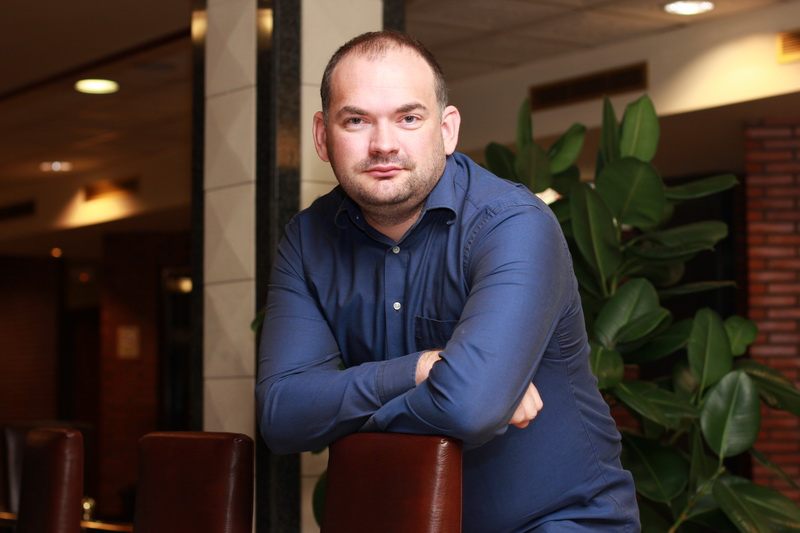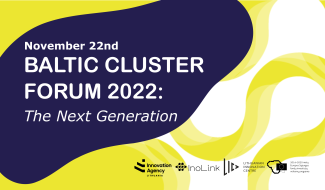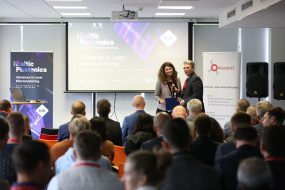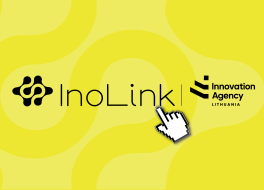Cluster Development in Lithuania is Being Brought to the Next Level – Now We Have Our Own Benchmarking Expert

The executive director of the Lithuanian Cluster Association, the president of Užupis Creative Cluster, the head of the Information Security Cluster, as well as the founder and head of other clusters Marius Pereščius has been granted international certification and has become a clusters benchmarking expert. On the 3rd March, after intensive training, the European Secretariat for Cluster Analysis (ESCA) located in Germany issued international certifications to cluster experts from Spain, France, Germany, Latvia and Lithuania.
Helmut Kergel, the director of the European Secretariat for Cluster Analysis, says: “ESCA is the network of specially trained experts that unites more than 150 cluster experts from 30 countries who valuate clusters all over the world, considering the approach of the organizations and their competence to promote management processes, services and activities. High-caliber clusters play a significant role in implementing regional innovation strategies, thus we care about training them. We implement various support, mentoring and consultation projects”.
ESCA certification is an internationally recognized competitive advantage
In Lithuania, a number of institutions subordinate to the Ministry of Economy are involved in cluster development: the Agency for Science, Innovation and Technology (MITA), which is responsible for the implementation of innovation policy in the country, the Lithuanian Innovation Centre (LIC), which provides innovation support services, Enterprise Lithuania, which encourages entrepreneurship, sustainable and modern business development, start-up ecosystem, export, and others. However, no national cluster evaluation and accreditation system has been established yet.
According to Kęstutis Šetkus, the director of MITA, ESCA evaluation creates great perspectives and opportunities for Lithuanian clusters. Kęstutis Šetkus says: “It is really important that Lithuanian clusters seek such an international certification that is valid across Europe and is recognition of cluster management, maturity and competence. The certification expands possibilities to be involved in international networks, provides a competitive advantage in the local market, and increases chances of being noticed internationally. The most important thing about a cluster certification is prestige and reputation that provide with new opportunities”.
In Lithuania, only one of the 50 active clusters has been evaluated
Currently there are slightly more than 50 active clusters in Lithuania although a lot more have been established. During the period of new EU investments, it is intended to ensure the maturity of already established clusters and to promote their competitiveness, the development of innovative products, export, and access to international networks. Clusters active in Lithuania are only coming closer to maturity and are beginning to gain skills that are essential to enter international markets.



